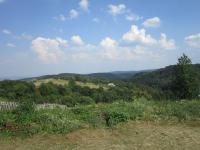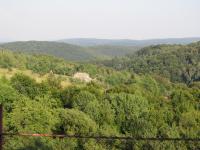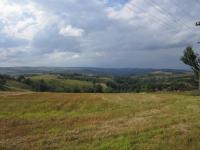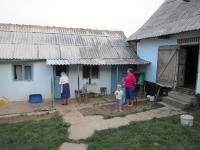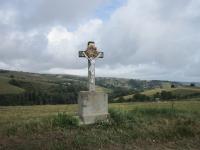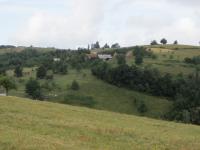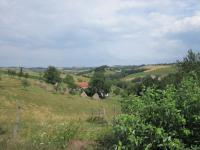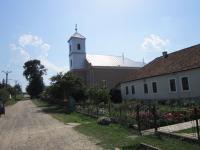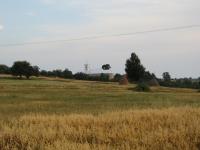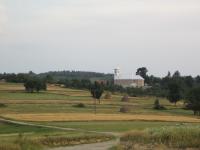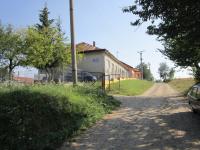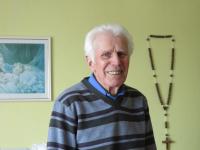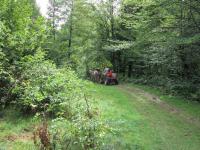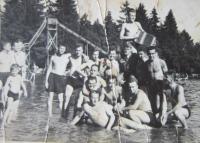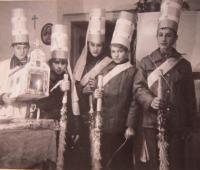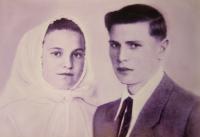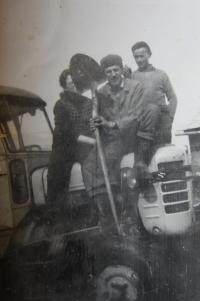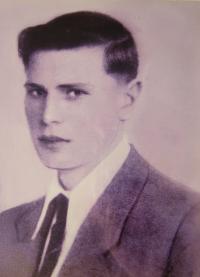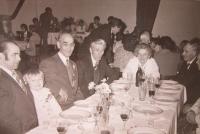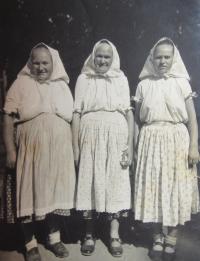From Romania to the borders of Moravia
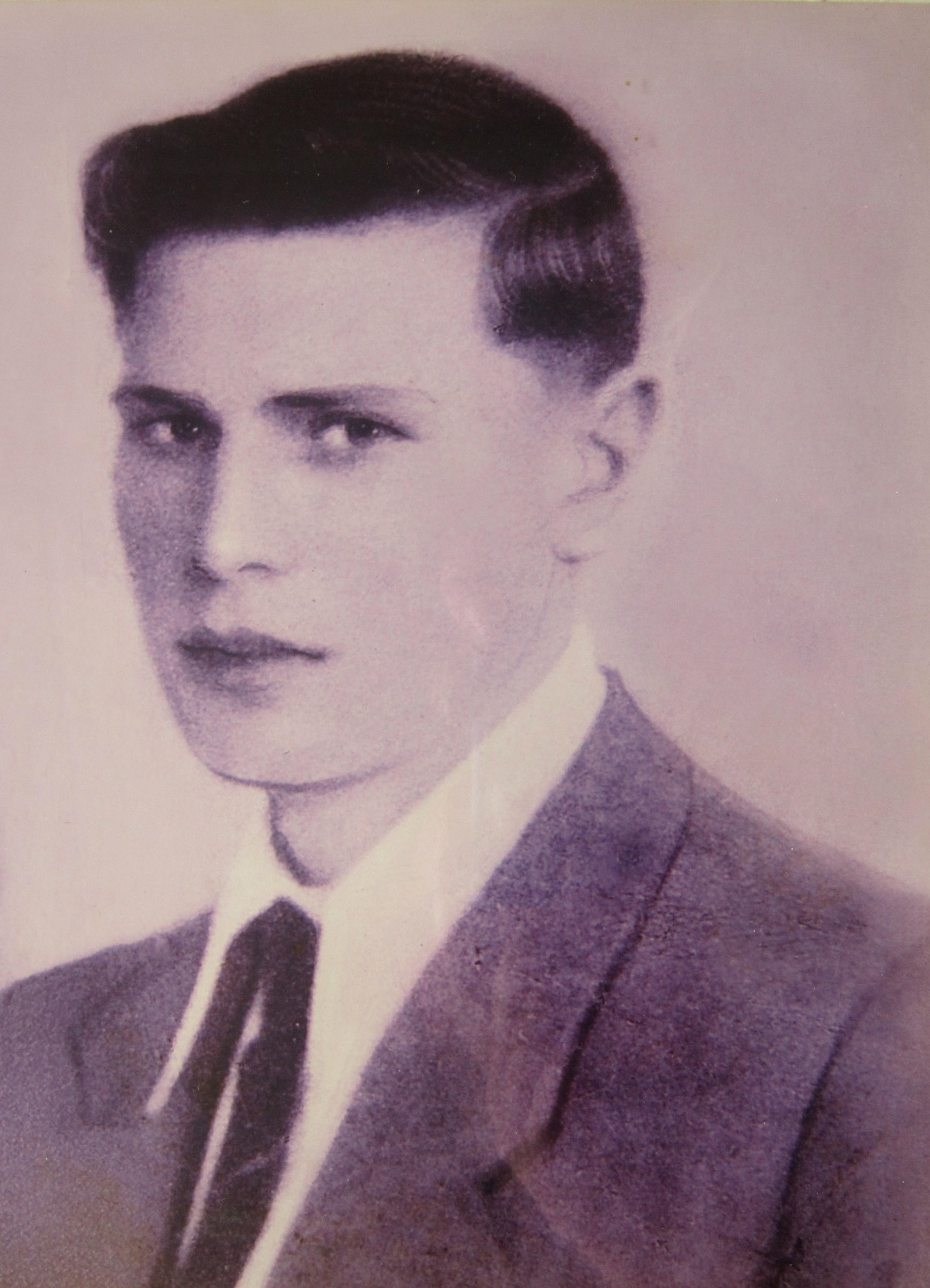
Stáhnout obrázek
Urban Albert was born on 11 May 1929 in Gemelčička (Romanian: Făgetu) in Sălaj County in north-west Romania. He belonged to the local community of Slovaks, who numbered approx. 40,000 inhabitants in the area at the time. During the war his brother was drafted into the Hungarian army and ended up in a Soviet POW camp several months later. Urban Albert was also drafted, at fourteen years of age, into the Hungarian pre-military organisation Levente, which was to prepare boys for the Hungarian army. Fortunately, the war ended before he was sent to the front. After the war the whole extensive family re-emigrated to Czechoslovakia and settled in the border regions in the village of Hynčice pod Sušinou, later moving to the neighbouring Chrastice. Urban Albert worked at the local state farm until his retirement. He now lives in Staré Město and is one of the oldest Slovak re-emigrants from Romania.
